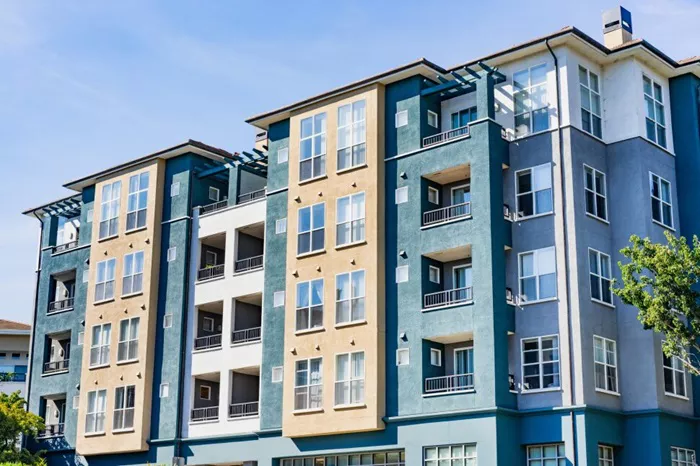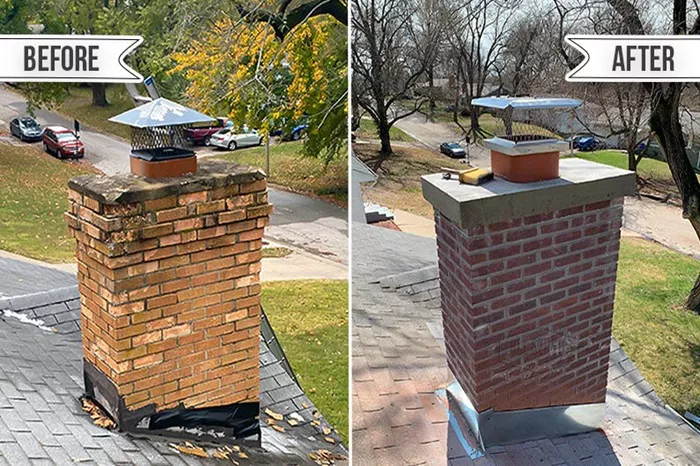When it comes to owning a condo, having the right insurance is crucial to protect your investment and provide peace of mind. But with various types of coverage available, many condo owners find themselves asking, “What condo insurance do I need?” This comprehensive guide will walk you through the different aspects of condo insurance, helping you understand what coverage is necessary, what optional policies you might consider, and how to make informed decisions about your condo insurance needs.
Understanding Condo Insurance
What is Condo Insurance?
Condo insurance, also known as HO-6 insurance, is a type of homeowners insurance designed specifically for condominium units. Unlike traditional homeowners insurance, which covers the entire property, condo insurance primarily covers the individual unit owned by the policyholder. This includes the interior walls, floors, ceilings, and personal belongings within the unit.
Why Do You Need Condo Insurance?
Condo insurance is essential for several reasons:
It provides coverage for personal property, ensuring that your belongings are protected against risks like theft, fire, and vandalism.
It offers liability protection in case someone is injured while visiting your unit.
It covers certain structural elements of your condo, including improvements and upgrades you have made.
It helps cover additional living expenses if your unit becomes uninhabitable due to a covered loss.
It fills in the gaps not covered by the condo association’s master policy.
Condo Association’s Master Policy
Before diving into the specifics of your individual condo insurance, it’s important to understand what is covered by your condo association’s master policy. The master policy typically covers the building’s structure and common areas. However, the extent of this coverage can vary, so it’s crucial to review the policy details.
Types of Master Policies
There are generally two types of master policies:
All-In Policy: This type of policy covers the building’s structure, including fixtures, installations, and improvements within individual units. However, it does not cover personal belongings or liability within the unit.
Bare Walls-In Policy: This policy covers the building’s structure and common areas but does not cover any fixtures or installations within individual units. Essentially, it covers everything outside the walls of your unit.
Understanding your master policy is vital as it will help you determine the extent of additional coverage you need for your condo.
Key Components of Condo Insurance
Personal Property Coverage
Personal property coverage protects your belongings, such as furniture, electronics, clothing, and other personal items, against risks like theft, fire, and water damage. It is important to assess the value of your possessions accurately to ensure adequate coverage.
Replacement Cost vs. Actual Cash Value
When choosing personal property coverage, you will have the option between replacement cost and actual cash value.
Replacement Cost: This option covers the cost of replacing your damaged or stolen items with new ones of similar quality, without accounting for depreciation.
Actual Cash Value: This option takes depreciation into account and covers the cost of your items based on their current value at the time of the claim.
While replacement cost coverage tends to be more expensive, it provides better financial protection by ensuring you can replace your belongings without significant out-of-pocket expenses.
Liability Coverage
Liability coverage is a crucial component of condo insurance. It protects you if someone is injured while on your property or if you accidentally damage someone else’s property. This coverage can help pay for legal fees, medical expenses, and any resulting settlements or judgments.
Personal Liability
Personal liability coverage applies to incidents occurring within your condo unit or elsewhere. For example, if a guest slips and falls in your unit or if you accidentally cause water damage to a neighboring unit, this coverage will help cover the associated costs.
Medical Payments
Medical payments coverage is a subset of liability coverage. It helps pay for medical expenses if a guest is injured in your unit, regardless of who is at fault. This coverage is typically limited to a specific dollar amount per incident.
Dwelling Coverage
Dwelling coverage protects the physical structure of your condo unit, including walls, floors, ceilings, and built-in appliances. This coverage is particularly important if your condo association’s master policy is a bare walls-in policy, as it ensures that any structural elements within your unit are protected.
See Also: How Does It Work
Loss Assessment Coverage
Loss assessment coverage helps cover your share of costs if your condo association levies a special assessment to cover damage or liability claims that exceed the limits of the master policy. For instance, if a fire damages the common areas and the repair costs surpass the master policy’s coverage limits, your association might require all unit owners to contribute to the shortfall. Loss assessment coverage can help mitigate this financial burden.
Additional Living Expenses (ALE)
Additional living expenses coverage helps cover the cost of temporary living arrangements if your condo becomes uninhabitable due to a covered loss. This can include expenses for hotel stays, meals, and other necessary costs incurred while your condo is being repaired.
Optional Coverages
Flood Insurance
Standard condo insurance policies typically do not cover flood damage. If your condo is located in a flood-prone area, it is advisable to purchase separate flood insurance. This coverage will protect your unit and personal belongings against damage caused by flooding.
Earthquake Insurance
Similar to flood insurance, standard condo insurance does not cover earthquake damage. If you live in an area prone to earthquakes, you should consider purchasing separate earthquake insurance to ensure your unit and belongings are protected.
Scheduled Personal Property
Scheduled personal property coverage allows you to insure high-value items, such as jewelry, art, and collectibles, separately. This ensures these items are adequately covered for their full value, which may exceed the limits of standard personal property coverage.
Umbrella Insurance
Umbrella insurance provides additional liability coverage beyond the limits of your standard condo insurance policy. This type of insurance is particularly useful if you have significant assets that you want to protect against potential lawsuits.
Water Backup Coverage
Water backup coverage protects your unit and personal belongings from damage caused by the backup of sewers or drains. This type of damage is typically not covered by standard condo insurance policies, making this optional coverage a valuable addition.
Tips for Saving on Condo Insurance
Increasing Your Deductible
One way to lower your insurance premiums is by increasing your deductible. While this means you will pay more out-of-pocket in the event of a claim, it can result in significant savings on your premiums.
Bundling Policies
Many insurance companies offer discounts for bundling multiple policies, such as auto and condo insurance. Bundling can help you save money while simplifying your insurance management.
Installing Safety Features
Installing safety features, such as smoke detectors, security systems, and fire alarms, can help reduce your insurance premiums. These features lower the risk of damage or loss, making you a lower-risk policyholder.
Maintaining a Claims-Free History
Maintaining a claims-free history can help you qualify for discounts on your insurance premiums. Avoid filing small claims and only file claims for significant losses to keep your claims history clean.
Shopping Around
Regularly compare quotes from different insurance providers to ensure you are getting the best deal. Insurance rates can vary significantly, so shopping around can help you find the most competitive premiums.
Conclusion
Understanding what condo insurance you need is essential for protecting your investment and ensuring peace of mind. By carefully assessing your coverage needs, understanding your condo association’s master policy, and shopping around for the best coverage, you can find the right condo insurance policy to meet your needs. Remember to review your policy regularly and update it as necessary to ensure you have adequate protection for your condo and belongings. With the right condo insurance in place, you can enjoy your home with confidence, knowing you are well-protected against potential risks.






















